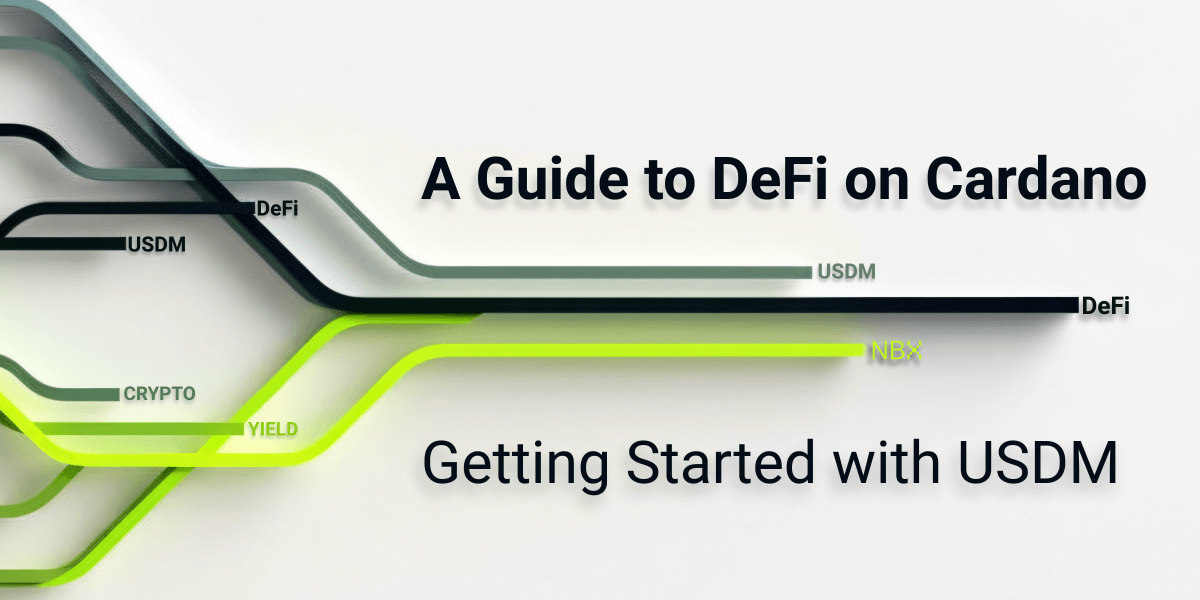An ICO or "Initial Coin Offering" is essentially an initial public offering on a blockchain. This means that at face value, an ICO would never have any third party like a government or bank involved in it. During an ICO, a company or group of developers would raise money in a well-known cryptocurrency like Bitcoin or Ether, in exchange for future access to their own new cryptocurrency.
Typically these ICO-generated cryptocurrencies were based on the ERC-20 standard, which refers to a few specific guidelines for creating cryptocurrencies in smart contracts that live on the Ethereum blockchain.
Because ICOs have now died out, we will speak of them in the past tense below.
Most ICOs would take in Bitcoin, Ether, or both using a cryptocurrency wallet's address (a public address) that the team posted on a simple website. Therefore, an ICO's transactions were peer-to-peer, just like any other cryptocurrency transaction, with one major difference. Because ICOs used smart contracts, they had the added functionality of being able to attach ownership to future stakes of the project's coins or "tokens" based on a preset proportion of Bitcoin, Ether, or both.
For example, if the project said that every 1 Ether would receive 100 of its coins, then the wallet would take in the Ether, and the smart contract involved would note the deposit and schedule the sending of the 100 coins once the ICO was over and the new coins were fully minted (created). Generally, this redemption occurred anywhere from at the close of the ICO period to a week after it.
ICOs were revolutionary because they enabled anyone to raise funds in a matter of moments for any sort of project as long as it was blockchain-based. Consequently, for the first time in history, startup fundraising had truly become peer-to-peer with most of the activity occurring on the Ethereum blockchain.
In 2017 in particular, this resulted in more than $20 billion in peer-to-peer funding as well as Bitcoin reaching $20,000 a coin at the height of the ICO-driven bull market.
ICOs died out because of a variety of factors including a wide prevalence of scams and a lack of KYC processes, which led to increasing regulatory pressure on the cryptocurrency space from all around the world. Though the death of the ICO resulted in the entire cryptocurrency market falling more than 50% from its height, the true founders and builders learned from the mistakes of 2017 and since then, have been working to build the crypto space in a better image. Included in these efforts is the work to build a better form of crypto-based fundraising, which has taken the ICO through many new iterations that we’ll discuss in future posts.


